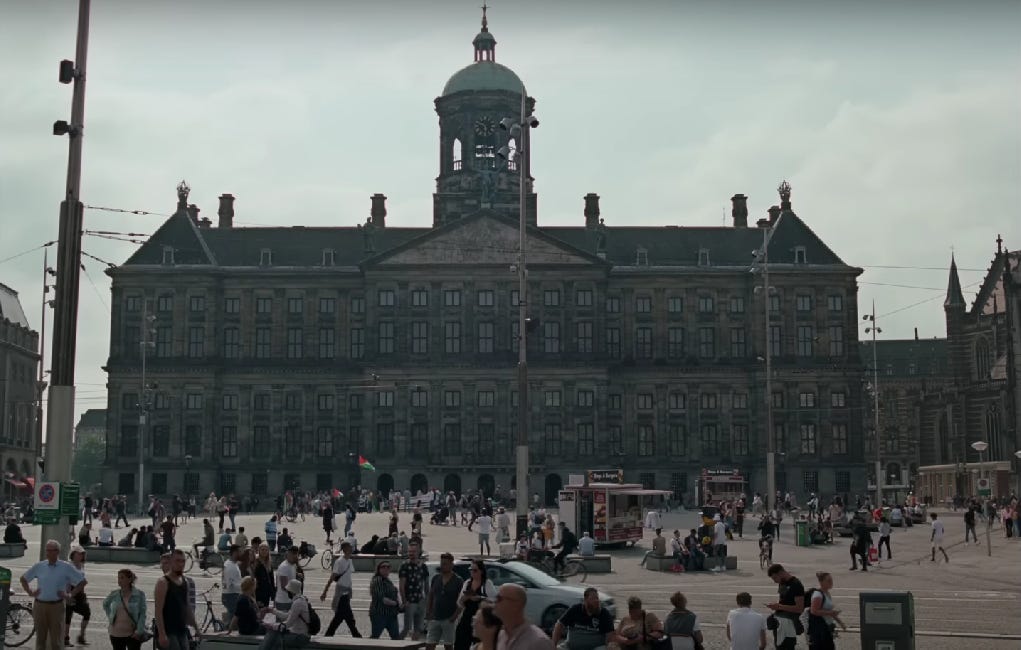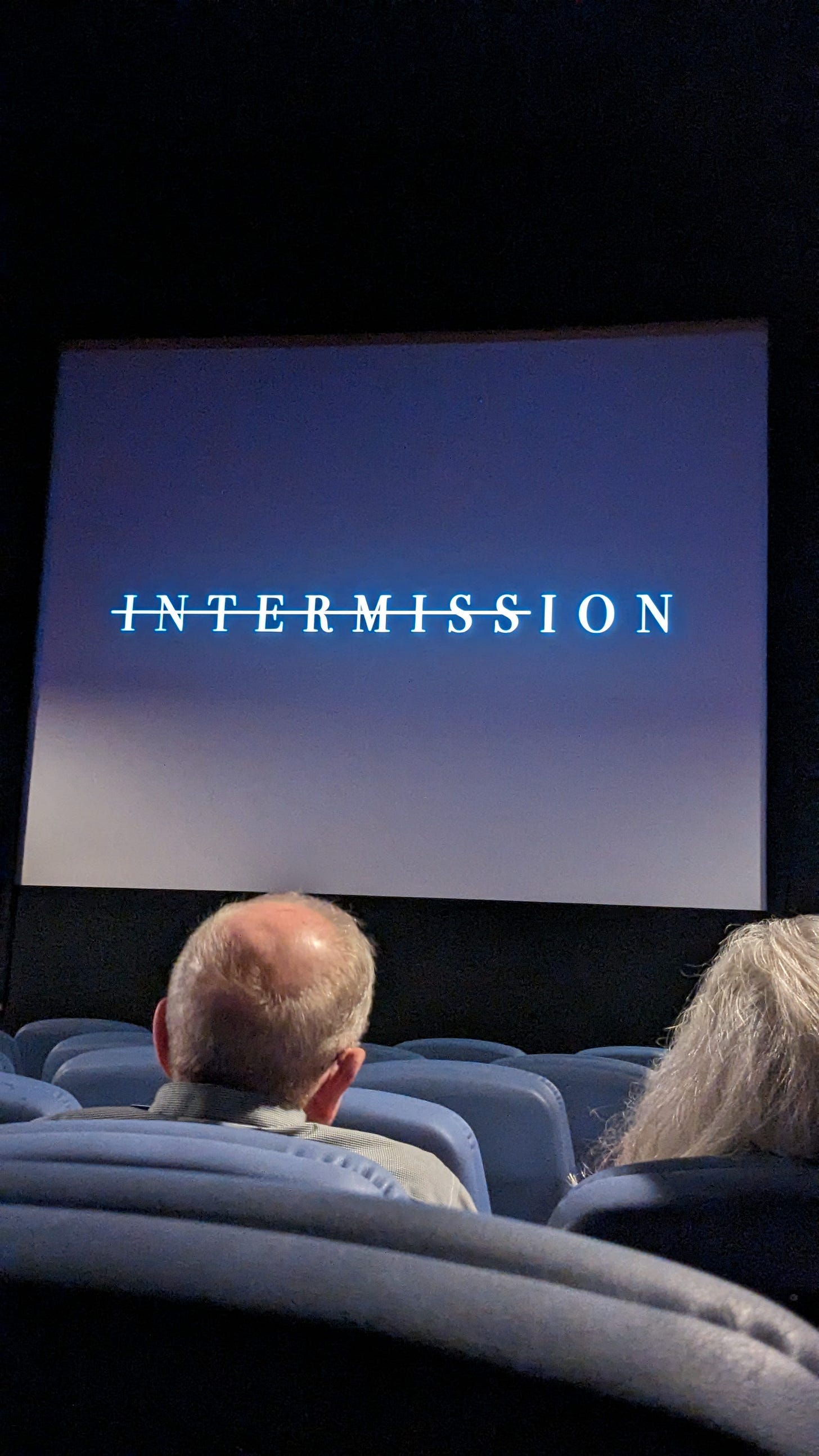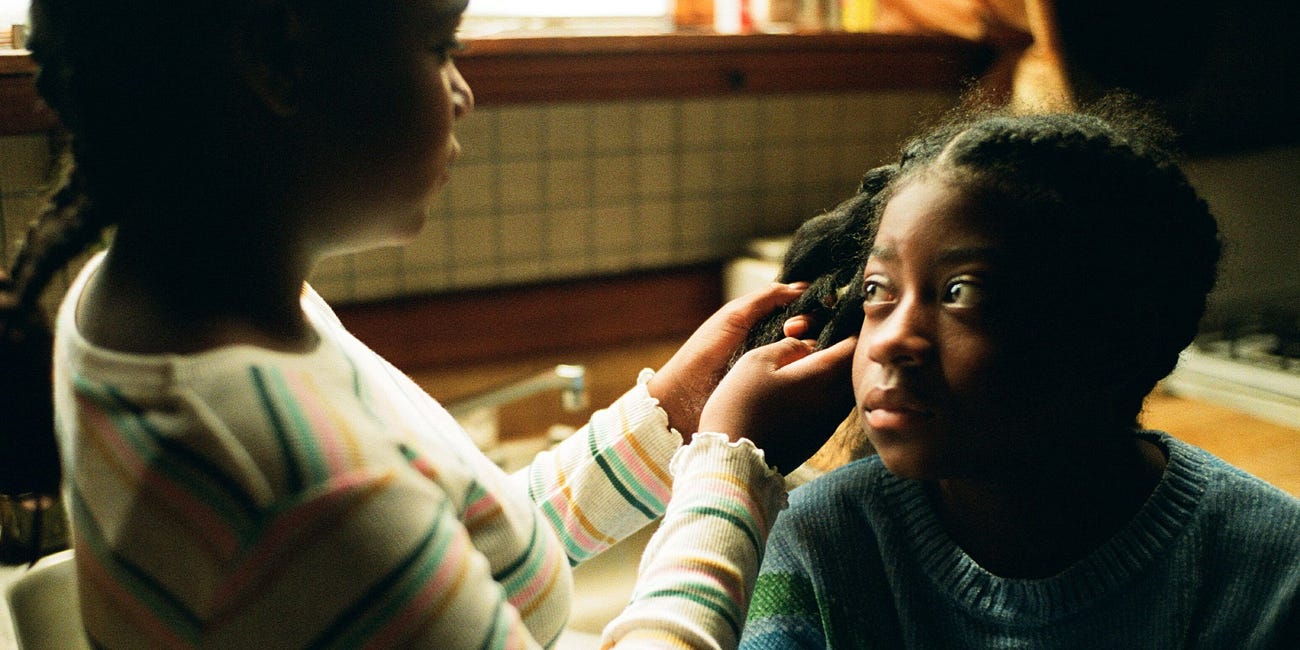I don't watch movies with the mindset of providing a critical review or seeking movies to write about. Rather these recommendation posts reflect moments I finished watching a movie and felt driven to tell the world about it!
I only recommend movies I loved watching and am eager for you to see.
So, I wasn’t originally going to write a whole post for this film because I thought it would be nominated for Documentary Feature Film in the 95th Academy Awards. One of my little internal rules of the Movie Recommendations is to try to steer clear of movies I think have enough marketing heft behind them and Occupied City was firmly placed in Oscar trajectory for marketing. Now that it’s off that trajectory, it’s worth appraising as its own phenomenon.
Reason number 2 I choose to recommend Occupied City is because I didn’t want to see it, and ended up hugely glad that I did. I had a ticket through Mubi Go and a weekend to myself, so seeing a 4+ hour movie effectively for free wasn’t too problematic. It ended up well worth the trip (even the significant delays I had getting home afterward) and I believe is well worth your time and energy, despite the formidable playlength.
And lastly the reason why I recommend Occupied City is because I can’t stop thinking about it.
To start with, Occupied City is an essay film. This is not what I would have expected from an accredited commercial narrative filmmaker such as Steve McQueen.
Steve McQueen takes the book Atlas of an Occupied City, which is more like a reference material indexing the locations of the events and resistance to the Nazi occupation of Amsterdam between 1940 and 1945, and visits its listings seemingly in turn (I’m not sure what the order actually is but its neither chronological nor narrative). He films what he finds at each location, whether it’s still there or demolished, and a voice over by Melanie Hyams describes what part that location had to play in the occupation or resistance.
However, like the best essay films, that only describes the bones of the structure. On top of those bones are the events actually happening during the filming in Amsterdam, which took place during the COVID shutdowns and various political rallies and counter-rallies thereafter.
Meanwhile it’s not as if Amsterdam itself hasn’t changed. In addition to Hyam’s haunting voice listing off “demolished” whenever the location is no longer there, the film becomes an exercise in hauntology as the camera peers at people living in apartments previously raided by Nazis, everyday people wandering by buildings that held secret hideaways, and important historical locations occupied by transnational consumer chains. Some of the times you can feel the historicity of what is shown. Other times the movie is a work of cognitive dissonance as you try to put together description of horrible atrocities with pictures of calm, colorful, and glossy storefronts.
The result is a form of poetry. Around a metric structure is pulled a historical rhyme scheme of sorts that opens up the audience for interpretation. Between the lyrical listings of facts and historical observations both past and modern are abstract interludes where the camera floats around taking in the city of Amsterdam itself, giving it a character that resides somewhere outside the management of humans themselves.
There’s some types of people out there who will never be convinced about something like this, but this movie could not be any shorter. I only felt like cutting away from some of the more commercial brand oriented imagery, but that could have also been adjusted the other way by acknowledging the weird globalist occupation of historical spaces: instead of “At this location, currently occupied by an international makeup brand, members of the resistance met to…”
For those worried about their bladders, it has a well-designed intermission that plays the main theme of the score while a strike-through indicates how much time you have left:
One of my earliest Movie Recommendations, for Mad God, stated:
this is not a “they don’t make films like this anymore” situation, this is a “they don’t make films like this” situation.
Essay films are usually underground, didactic, with threadbare budgets and extremely limited distribution. Steve McQueen’s sheer confidence to even take on the project, and the fact that he was given the resources and support to do it, is astounding in its own right. You don’t want to miss this movie if you have the chance to see it.
If you sit back and let it pour over you, Occupied City will get stuck in your head for weeks to come. I’m impatient to see it again.
See more of my movie recommendations here:
Movie Recommendation: American Fiction
I don't watch movies with the mindset of providing a critical review or seeking movies to write about. Rather these recommendation posts reflect moments I finished watching a movie and felt driven to tell the world about it! I only recommend movies I loved watching and am eager for you to see.
Movie Recommendation: All Dirt Roads Taste of Salt
I don't watch movies with the mindset of providing a critical review or seeking movies to write about. Rather these recommendation posts reflect moments I finished watching a movie and felt driven to tell the world about it! I only recommend movies I'm excited about and eager for you to see.
Movie Recommendation: The Unknown Country
I don't watch movies with the mindset of providing a critical review or seeking movies to write about. Rather these recommendation posts reflect moments I finished watching a movie and felt driven to tell the world about it! I only recommend movies I'm excited about and eager for you to see.









